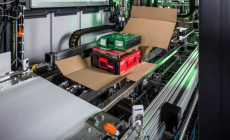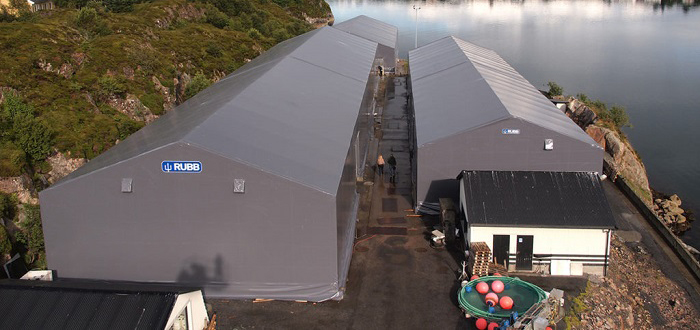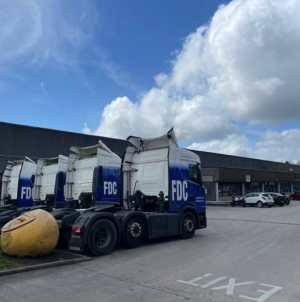-
Nulogy Introduces the Manufacturing Operating System - 13 hours ago
-
Bliss Direct scales to 300 daily orders and saves 25 hours per week with Forterro’s Orderwise ERP - February 25, 2026
-
Wootzwork raises $6.6M to bring predictability to offshore manufacturing - February 25, 2026
-
Rite-Hite unveils new range of hydraulic kits to upgrade and extend dock leveller performance - February 19, 2026
-
REWE and Cimcorp automate fresh supply chain for Berlin supermarkets and stores - February 19, 2026
-
Packsize offers right-size, on-demand packaging at IntraLogisteX 2026 - February 19, 2026
-
Q1 – A recovery period or time to fix, switch and scale? - February 19, 2026
-
NULOGY’S SHOP FLOOR SOFTWARE TO POWER COMPLETE CO-PACKING’SOPERATIONS - February 13, 2026
-
Wallapop and Albatross Sign Strategic Partnership to Bring Real-Time AI Discovery to the Future of Consumer-to-Consumer Commerce - February 12, 2026
-
Thorworld ramp helps Hubergroup to streamline its unloading operation - February 6, 2026
Pressure mounts on UK ports to enhance infrastructure capacity ahead of Brexit
Due to the uncertainty of Brexit and the impact on export and import of goods, UK ports are making preparations to support further checks by customs officers. A common issue for all ports, especially Dover, will be finding the space necessary to do so.
Many UK ports may have to consider temporary warehouses or custom designed modular storage buildings to maximise available space at their ports. This would not only help lower waiting times, but support the surrounding transport congestion areas. Another feasible idea would be to build new customs checkpoint facilities inland, allowing businesses to conduct clearance checks in secure locations away from busy border locations.
Flexibility, agility, capability and dependability are the key factors when looking at warehousing. The benefits of semi-permanent structures include fast design, manufacture and construction, with the flexibility to be adapted, modified, extended or relocated if needed. This allows clients to adapt quickly to change.
The BBC reported that Andrew Baxter, the managing director of the freight logistics company Europa Worldwide, told a House of Commons Committee: “If customs wanted to do a documentary check, that could delay it by up to three hours, and if there was an inspection of the goods, that could delay it by up to five hours.”
Talk of these delay times are alarming for all businesses involved in the import and export of goods, on top of potential increased tariffs. Then there is the issue of providing enough manpower to deal with the additional workload. According to HMRC chief executive Jon Thompson, around £300m will be needed to finance around 5,000 additional customs officials.
The government will also need to boost ongoing projects to improve the country’s road and rail infrastructure, in order to enhance connectivity between ports and the destination of handled freight.
Ian Hindmoor, Managing Director at Rubb Buildings Ltd, a UK manufacturer of custom designed modular storage buildings, commented: “Feedback from our customers suggests that they are planning for the future, to be able to maintain the flow of their production and fulfil the demand from their customers. Rubb storage facilities provide an alternative and sustainable solution to traditional storage warehouses.”
































